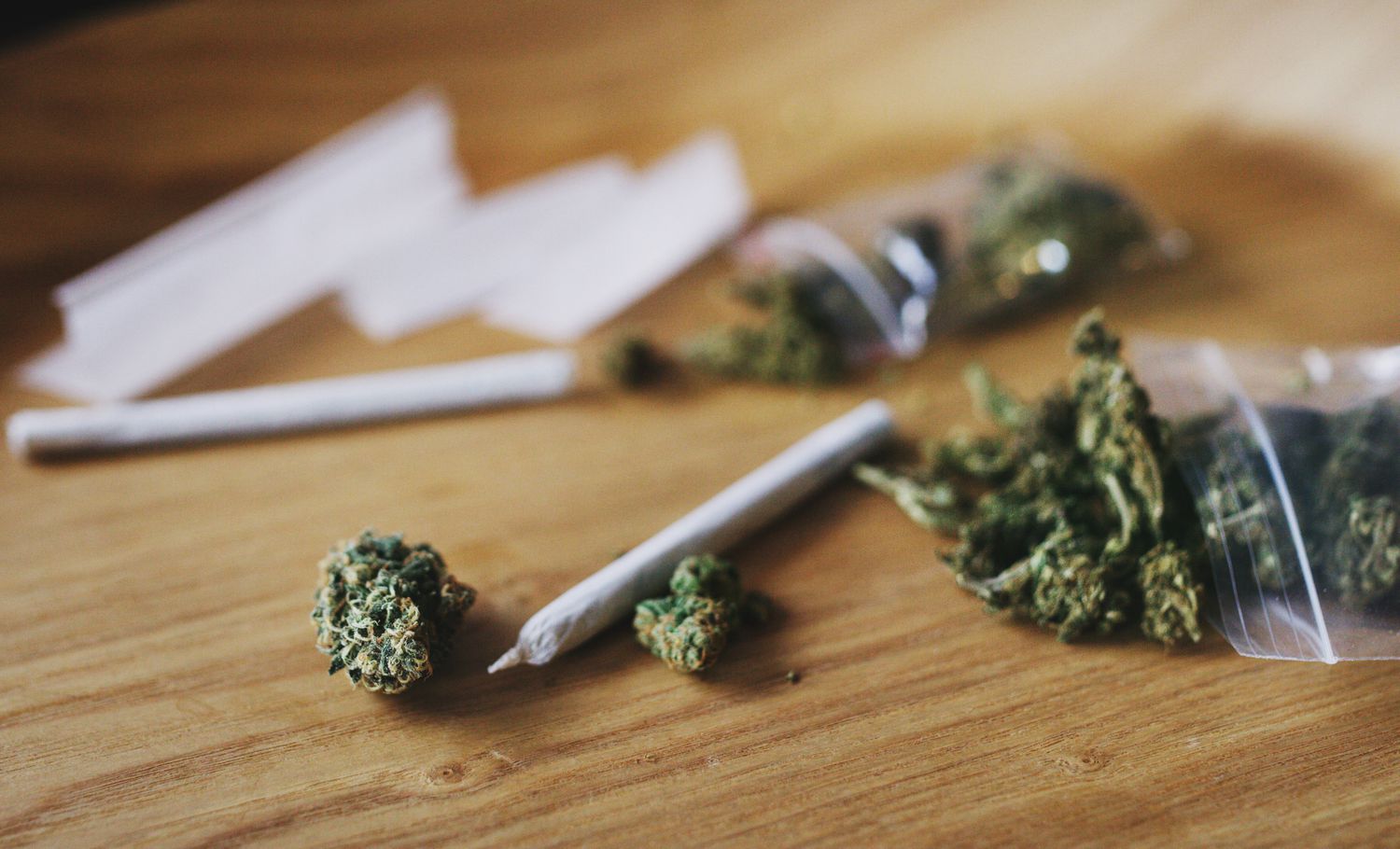In recent years, there has been an increased interest in the use of cannabis in treating mental health issues like depression and anxiety. While the research is still ongoing and inconclusive, early studies suggest that marijuana may offer some relief from these conditions for certain patients #1 Weed Delivery in Surrey. Let’s look at how cannabis could treat depression and anxiety.
The Endocannabinoid System & Mental Health Conditions
The endocannabinoid system (ECS) regulates many of our body’s physiological processes, including mood, memory, appetite, sleep, stress response, and metabolism. It also plays a role in modulating our body’s response to pain and inflammation.
Research suggests that the ECS could play a role in developing mental health disorders such as depression and anxiety. It appears that when our endocannabinoid system is out of balance due to genetics or lifestyle factors (such as chronic stress), this can contribute to developing mental health illnesses.
Cannabis & Mental Health Conditions
Cannabis contains compounds called cannabinoids which interact with our endocannabinoid systems to produce various effects on the body. These effects can range from reduced inflammation and pain relief to altered states of consciousness depending on the type and amount consumed.
Studies have shown that certain cannabinoids can affect mood, helping reduce symptoms related to depression and anxiety. For example, one study found that CBD (a non-psychoactive cannabinoid) could reduce symptoms of social anxiety in test subjects when taken before public speaking tasks.
Other research suggests that THC (the psychoactive component of cannabis) may help reduce feelings of sadness and improve mood when consumed in low doses over time.
Critical Points of THC Vs Mental Health
● THC, or tetrahydrocannabinol, is a psychoactive compound found in the cannabis plant known to have various potential therapeutic effects, including the ability to treat symptoms of depression and anxiety.
● Some studies have shown that THC can help regulate mood, reduce stress and anxiety, and improve sleep in people with depression and anxiety disorders.
● THC may also have a positive impact on other mental health conditions, such as post-traumatic stress disorder (PTSD), obsessive-compulsive disorder (OCD), and attention deficit hyperactivity disorder (ADHD).
● However, THC can also have adverse side effects, including impaired judgment, memory loss, and increased anxiety in some individuals. It is essential to use caution when using THC to treat depression and anxiety and to speak with a healthcare professional about the potential risks and benefits.
● THC is not legal in all parts of the world, and its use may be restricted by law. In places where THC is legal, it is typically available in the form of cannabis-infused products, such as oils, edibles, and inhalants. Following the laws and regulations surrounding using THC in your location is essential.
Conclusion:
While more research needs to be done before any definitive conclusions can be made about using cannabis for treating depression or anxiety, the evidence so far suggests that it may be beneficial for some people suffering from these conditions.
If you are considering using cannabis for treating your depression or anxiety symptoms, please consult with your physician first, as it could interact with other medications you might be taking or worsen underlying conditions you may have.
Ultimately, we should continue researching this topic to better understand how cannabis might help those suffering from mental health conditions like depression and anxiety find relief.
